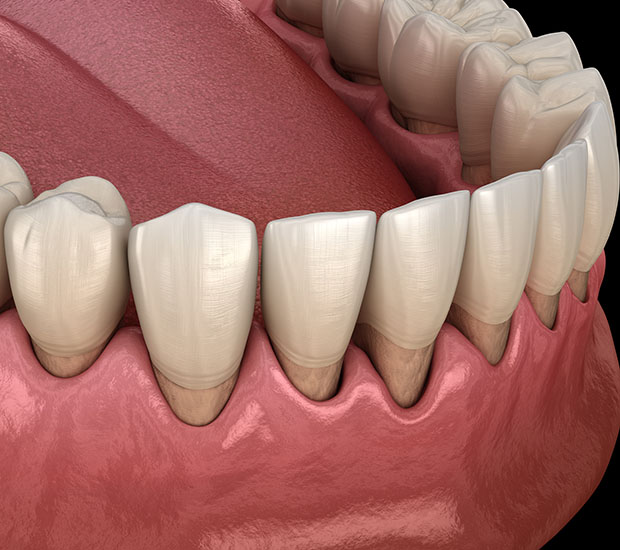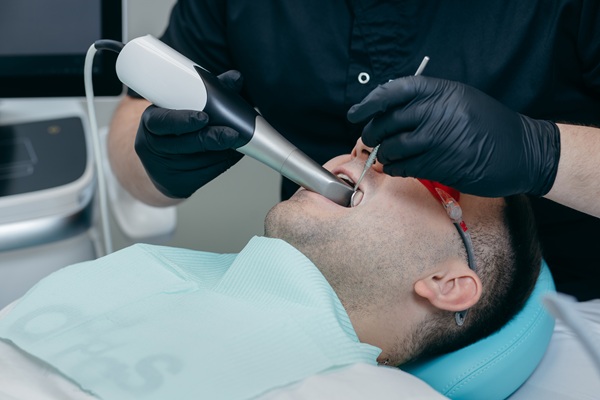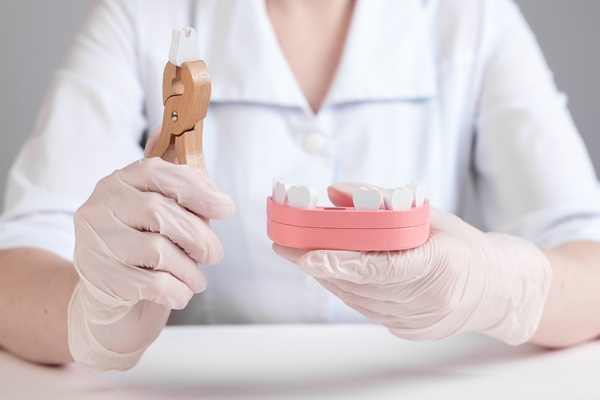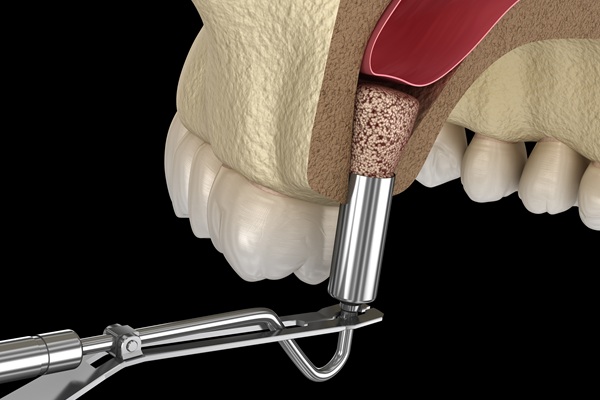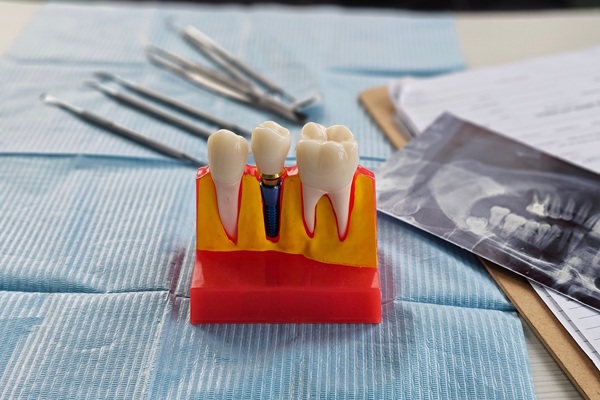Gum RecessionBoca Raton, FL
Gum recession occurs when the gum tissue surrounding the teeth wears away, exposing the tooth’s root. This recession leads to pockets or gaps forming between the teeth and gum line, providing a spot for disease-causing bacteria to accumulate. Receding gums can be frightening, but it is a fairly common dental problem. Receding gums have many treatment options, depending on the severity of a patient’s condition.
Treatment for gum recession is available at Thomas A. Copulos DDS, PA in Boca Raton and the surrounding area. Our team can help determine the cause of your condition and discuss treatment options that may work best for your case. Call us at 561-763-1066 to learn more or schedule an appointment.
What are Receding Gums
Receding gums is when the gum tissue gets pushed back or worn away, exposing more of the tooth or even the tooth’s root while leaving the teeth at higher risk for infection. However, since it occurs gradually, most people do not even realize they have the condition. Early signs of gum recession include tooth sensitivity and noticing the teeth seem longer than normal.
Gum recession can often result from many different factors and should not go untreated. Our staff can complete an evaluation and suggest treatment options for patients who think they are suffering from receding gums. Early detection and treatment can prevent the condition from worsening or causing other oral health concerns.
Common Causes of Receding Gums
Poor oral hygiene and gum disease are two of the most common causes of receding gums. Over time, a film of bacteria and food particles can accumulate on the teeth. This accumulation can lead to increased plaque and tartar, which can irritate the gums and cause recession. Daily brushing, flossing, and regular dental visits reduce the risk for gum infection.
However, the condition can also occur in people who brush and floss regularly. Aggressive tooth brushing can also aggravate the gums and cause recession. Brushing teeth too hard or incorrectly can lead to enamel wear, and the gums will start receding.
Other causes include:
- Clenching or grinding the teeth
- Crooked teeth or a misaligned bite
- Lip or tongue piercings
All in all, any type of pressure or tension on the teeth and gums can cause recession. In most cases, gums recede slowly through constant wear and tear, especially when brushing. Therefore, it is important to learn proper brushing and flossing techniques to keep recession at bay.
Symptoms of Receding Gums
Receding gums happen over time, and noticeable symptoms may not occur right away. Symptoms of receding gums include:
- Bleeding gums after brushing or flossing
- Red, swollen gums
- Bad breath
- Gum pain
- Visibly lengthening teeth
- Sensitivity to hot and cold foods
Patients who begin experiencing any of these symptoms should come in for an evaluation. First, our staff will ask about their brushing habits and risk factors to determine what may be causing the recession. We can then discuss the various treatment methods and determine which treatments and lifestyle changes can help reverse the condition.
Risk Factors
Certain factors can put a patient at higher risk for receding gums. Age is a key predominant factor. Almost 90% of people 65 and older have gum recession in at least one tooth. Those who smoke or use tobacco products are also at higher risk for gum recession. Unfortunately, smoking and nicotine can also lead to gum disease and tooth loss.
Genetics also plays a factor. Those with a family history of weak gums or other gum-related health conditions may be more prone to gum recession. Studies show that almost a third of the population may be at higher risk for gum disease, regardless of the quality of their oral health due to genetics.
Treatment Options
Many treatment options are available, depending on the severity of a patient’s condition. Mild cases typically do not need treatment. Instead, our team will recommend ways to prevent the receding gums from worsening and continue to monitor the patient’s condition. Deep cleanings can help remove plaque and tartar that have built up below the gum line.
Cases that need more extensive treatment have various solutions. Varnishes and bonding agents can protect the exposed tooth root and reduce sensitivity. Tooth-colored composite resins can cover the root surface. More extreme cases require surgery that grafts tissue from another site in the mouth to the area with the severe recession.
Patients can prevent receding gums from getting worse by brushing with a soft toothbrush or electric toothbrush twice a day and cleaning in-between the teeth with floss, picks, or a water flosser. Rinse with antibacterial mouthwashes and make healthy lifestyle choices, such as quitting smoking and eating a healthy diet.
Frequently Asked Questions About Gum Recession
What causes receding gums?
There are several different causes of receding gums. Often, it happens when the gum tissue becomes irritated from infection. It can also result from brushing too hard, a mouth or tongue piercing, or misaligned teeth. Some people are also at higher genetic risk.
Can receding gums be healed?
Gum tissue cannot grow back on its own. The best thing to do is to find ways to keep the condition from getting worse. Our staff will work with you to determine the correct treatment options. Procedures can help tighten the gums by re-sealing them over the teeth.
How does receding gums affect my oral health?
When your gums pull back, more of your tooth gets exposed. That can include part of the root, leading to tooth sensitivity. Food can also more easily get caught below the gum line, which can lead to infections.
Why do I need to treat my receding gums?
If receding gums do not get addressed adequately, it can continue to get worse. In addition, root sensitivity can make it harder to eat certain foods. In severe cases, the root can be significantly damaged, and teeth can fall out.
What do receding gums look like?
Receding gums cause elongated teeth, making them seem longer than usual. The tooth’s roots may also become exposed. In most cases, the gums begin shrinking and thinning.
Schedule a Visit Today
If you think you might be suffering from receding gums, do not hesitate. The earlier the condition is identified and treated, the better your chances for improved long-term oral health. Call Thomas A. Copulos DDS , PAat (561) 763-1066 to schedule an appointment.
Thomas A. Copulos DDS, PA is located at
1000 NW 9th Ct Ste 106
Boca Raton,
FL
33486
